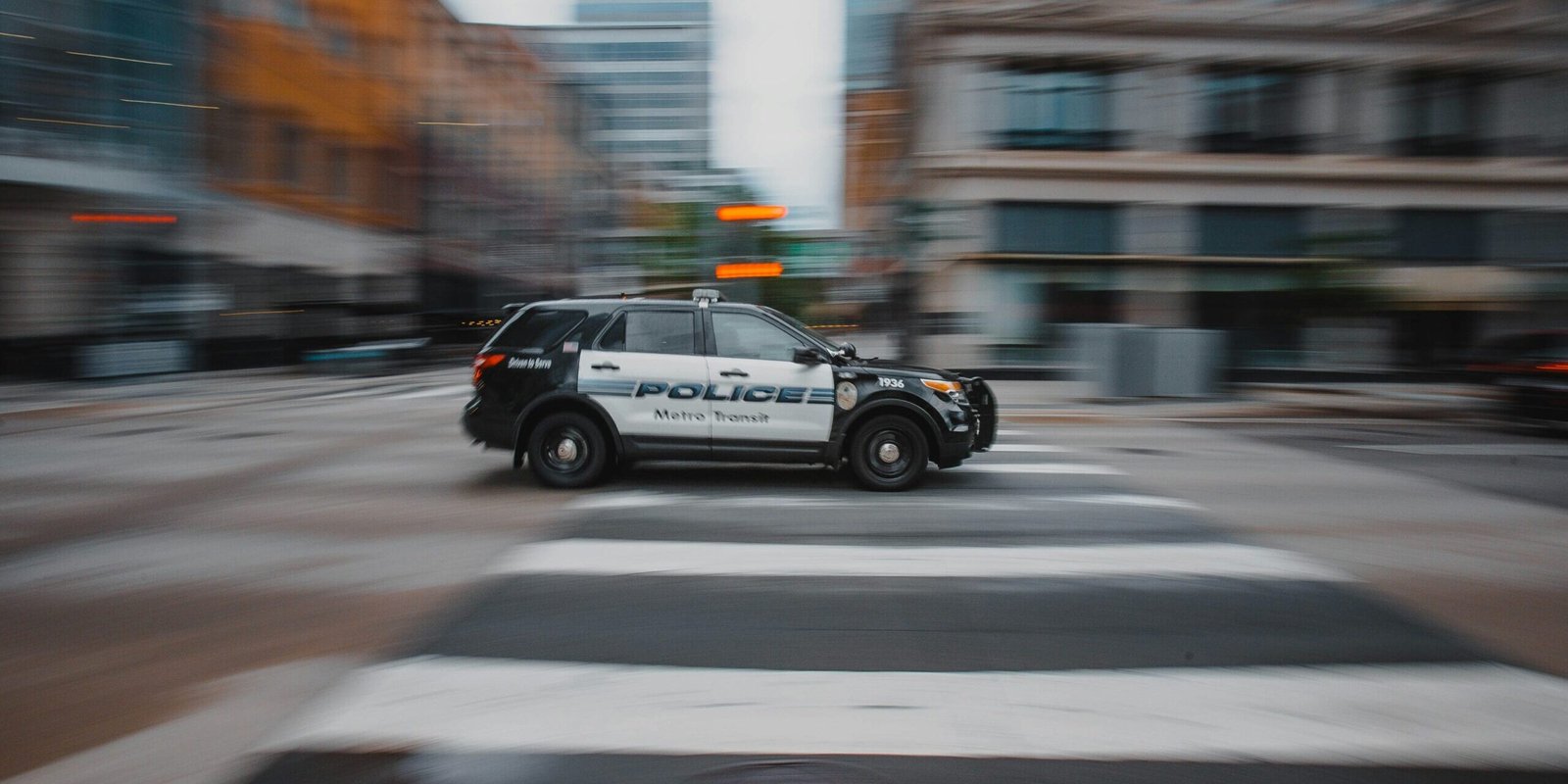Being arrested for a DWI (Driving While Intoxicated) can be a daunting experience, especially if it is your first experience with the law. Understanding the process that follows an arrest in New Jersey can help demystify the situation and prepare you for that lies ahead. Having a clear outline regarding the steps involved after being arrested for DWI in NJ can help, giving you an informative guide to navigate these challenging circumstances.
-
Initial Traffic Stop and Suspicion
A DWI often begins with a traffic stop initiated by a police officer. This stop could be the result of erratic driving behaviors such as swerving, speeding, or failing to observe traffic signals. Once you are stopped by the officer, if her or she detects any indicators of impaired driving, such as the smell of alcohol, confusion, slurred speech, or bloodshot eyes, there may be reasonable suspicion to conduct further investigation.
-
Field Sobriety Tests
If the officer suspects that you are under the influence, he or she may request that you perform field sobriety tests. These tests are used to better assess your physical and cognitive abilities to help the officer determine whether you can safely operate a vehicle. At this point, the officer must determine if there is probable cause to arrest you for DWI or, if not, release you back to operate your vehicle on the road.
-
Formal Arrest and Transport to the Police Station
Should the officer determine that there is probable cause to support a DWI charge based on the roadside investigation, you will be formally arrested. After the arrest, you will be transported to a police station for processing.
-
Testing at the Station
Once in the police station, the officer may request that you take a breath test to measure your Blood Alcohol Concentration (BAC) or submit to an evaluation by a Drug Recognition Evaluator (DRE) followed by providing a urine sample.
-
Issuance of Charges and Possible License Suspension
Depending on the results of the testing done at the police station you may be issued formal charges for DWI. If charged, the police will either release you to a responsible party or hold you for a minimum of 12 hours. Your license will not be suspended but you will need to go to a local tow yard to get your vehicle.
-
Arraignment in Municipal Court
Your first court appearance will be an arraignment in municipal court. This appearance is supposed to be done virtually. At this appearance, the court will advise of the charges and potential penalties and ascertain whether you wish to hire an attorney, apply for a public defender, or continue without representation. The court will likely also make sure that you or your attorney have requested discovery from the prosecutor and set deadlines for motions and conferences and possibly even a trial date.
-
Pre-Trial Motions and Discovery
Following the arraignment, the discovery process begins. Discovery, the process where both sides exchange evidence, is where many cases are determined. The attorneys will then evaluate the evidence, discuss it with their client and determine whether to file pre-trial motions to exclude or suppress evidence or for other relief. This is also when you determine whether to hire expert witnesses to try to counteract the State’s evidence.
-
Possible Plea Deals or Trial
As your case progresses, you may have the opportunity to negotiate a plea deal with the prosecution. This can result in reduced charges or alternative sentencing options. If you choose not to accept a plea deal, your case may go to trial. A DWI trial in New Jersey is before a single judge, not a jury. At trial, both sides will present their evidence and arguments and can cross examine the other side’s witnesses.
-
Post-Conviction Consequences
If you are convicted of a DWI, be prepared for several potential consequences. Penalties can include large fines, mandatory participation in the Intoxicated Driver Resource Center (IDRC) programs, and the installation of interlock devices on your vehicle to prevent future offenses. If you are unhappy with the result, you have 20 days to file a notice of appeal in the Superior Court where your appeal will be held. The standard on appeal is de novo which means that the Superior Court will utilize the record in the municipal court to make an independent legal finding from the trial court.
Facing a DWI arrest in New Jersey can be overwhelming and complex. Understanding the steps that follow can help you be better prepared as you navigate the legal system. If you find yourself in this situation, seeking legal counsel can provide the necessary guidance and support throughout the process. Staying informed and proactive is crucial for achieving the best possible outcome.





